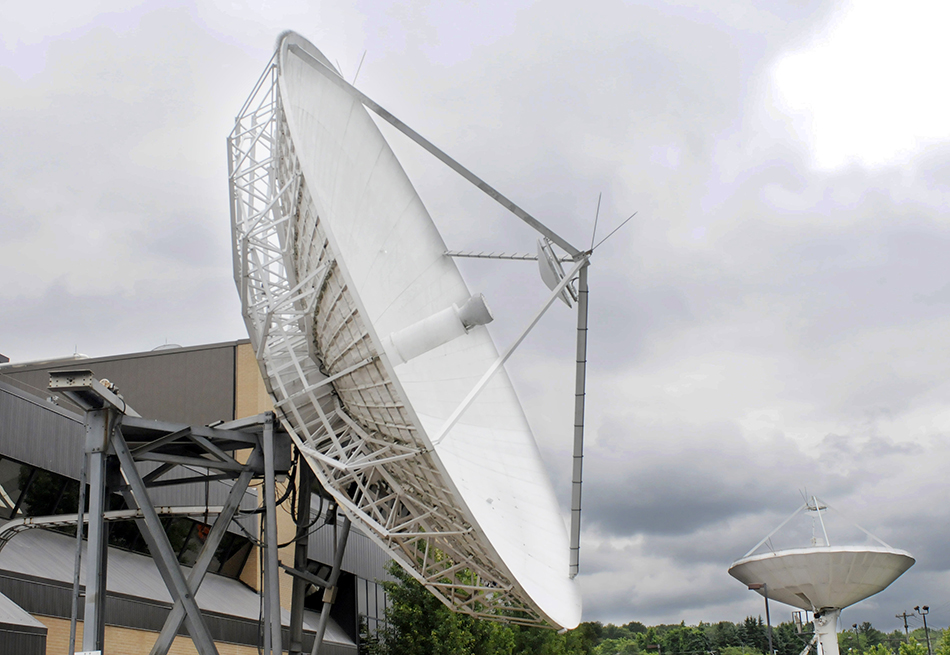Aviation Groups Warn of Serious Impacts From C-Band 5G Rollouts
Said to expect canceled flights, delayed shipments and emergency response disruptions

The smarter way to stay on top of the multichannel video marketplace. Sign up below.
You are now subscribed
Your newsletter sign-up was successful
Airline industry groups said the Federal Aviation Administration's new airworthiness directives around 5G deployment are all well and good, but the directives notwithstanding, the FCC's decision to allow unlicensed operation in the C-Band to boost 5G deployment and where wireless companies bid billions to get access, will likely cause "delayed and cancelled passenger flights; delayed air cargo shipments; significant schedule disruptions; and inability for first responders, military, and law enforcement to fly helicopter missions."
That is according to an Aerospace Industries Association (AIA)-led coalition of manufacturers, airlines, pilots and others, which was responding to the FAA's release of the directives, about which the FAA said: "The FAA believes the expansion of 5G and aviation will safely co-exist. Today, we took an important step toward that goal by issuing two airworthiness directives to provide a framework and to gather more information to avoid potential effects on aviation safety equipment. The FAA is working closely with the Federal Communications Commission and wireless companies, and has made progress toward safely implementing the 5G expansion. We are confident with ongoing collaboration we will reach this shared goal."
But AIA and company suggested in the meantime, the interference threat remains a clear and present danger.
“We appreciate the FAA’s efforts to find a safe solution for aviation and successful deployment of 5G," the coalition said. "While we are currently evaluating the airworthiness directives and preparing to fully abide by them to ensure that aviation operations remain safe, we also expect significant disruptions to the national aviation system due to the rollout of 5G technologies in the C-band unless the FCC acts to mitigate the concerns."
Last month, AT&T and Verizon Communications, the biggest winners in the C-Band auction, said they would delay until January their use of the spectrum for which they paid billions of dollars at auction. That decision came after the Federal Aviation Administration expressed its continuing interference concerns about C-Band to The Wall Street Journal and put out a bulletin advising pilots, aircraft owners, manufacturers and others on the potential impact of 5G flexible use operations in the C-band on radio altimeters (RAs), which gauge how close a plane is to terrain.
But while the companies agreed to reduce 5G power levels, the coalition said those mitigation efforts were "inadequate and far too narrow." The coalition pitched the FCC on its own counter-proposal this week that it said "provides additional safeguards in, around, and on the approach to airports and heliports."
The FCC voted in 2020 to free up 300 MHz of C-Band (3.7-4.2 GHz) satellite spectrum for terrestrial 5G broadband, 280 of that to be auctioned and 20 MHz to be used as a guard band between wireless users and the incumbent satellite operators that are being relocated to the remaining upper 200 MHz to continue to deliver network programming to broadcasters and cable operators (and other) clients, and to relay video from the field to the studio.
The smarter way to stay on top of the multichannel video marketplace. Sign up below.
It has been a year to the day (Dec. 8, 2020) since that C-Band auction launched, eventually raising a record $80,916,832,754.
As the government looks to free up more spectrum for 5G, including more sharing of spectrum with the Defense Department and others, interference issues have proliferated and exposed tensions between the FCC and the National Telecommunications and Information Administration during the Trump administration, though their working relationship has improved.
In addition to AIA, the coalition comprises the Air Line Pilots Association (ALPA), Airlines for America (A4A), Experimental Aircraft Association (EAA), Helicopter Association International (HAI), Aircraft Owners and Pilots Association (AOPA), National Business Aviation Association (NBAA), Regional Airline Association (RAA), National Air Carrier Association (NACA), General Aviation Manufacturers Association (GAMA), and the International Air Transport Association (IATA). ■
Contributing editor John Eggerton has been an editor and/or writer on media regulation, legislation and policy for over four decades, including covering the FCC, FTC, Congress, the major media trade associations, and the federal courts. In addition to Multichannel News and Broadcasting + Cable, his work has appeared in Radio World, TV Technology, TV Fax, This Week in Consumer Electronics, Variety and the Encyclopedia Britannica.

